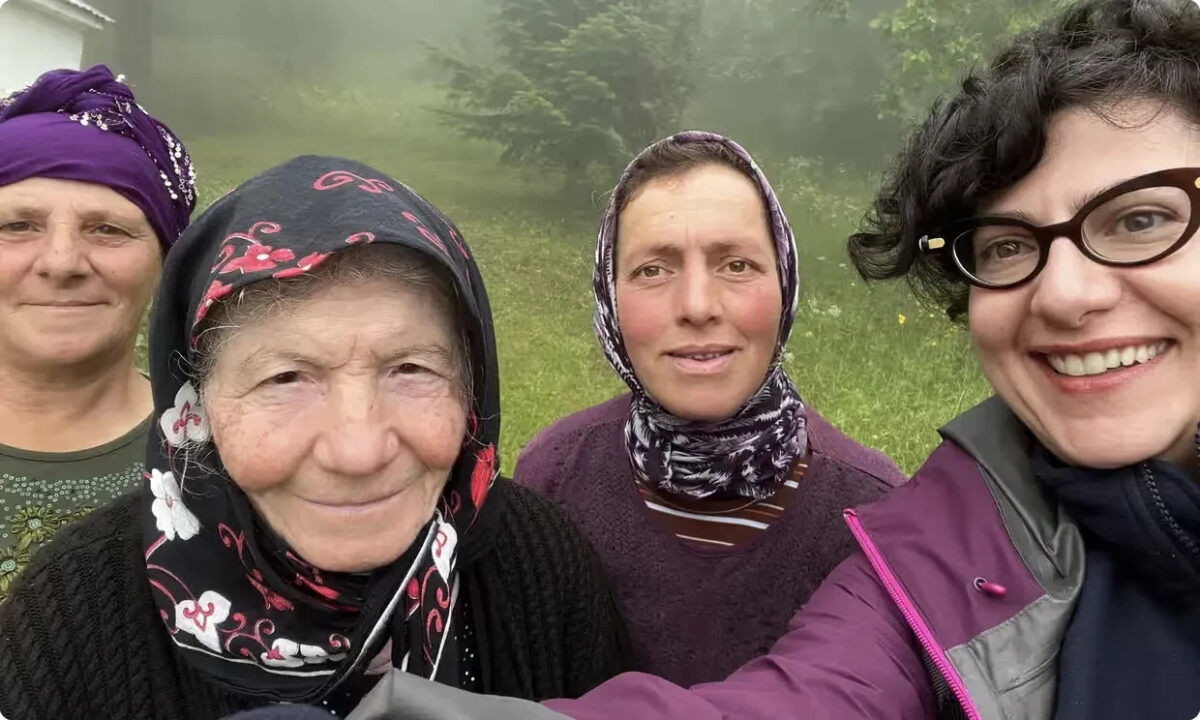Endangered Greek Dialect: A Living Link to the Ancient World

An ancient Greek dialect spoken by a dwindling population in remote Turkish mountain villages serves as a unique link to the past, according to researchers. This dialect, known as Romeyka, has characteristics more akin to the language of Homer than to modern Greek. However, with its speakers aging and no written form to preserve it, Romeyka faces the looming threat of extinction.
Quantifying the exact number of Romeyka speakers proves challenging due to its oral nature and the scattered communities around Trabzon. Recognizing the urgency, a University of Cambridge professor initiated the “Crowdsourcing Romeyka” project to document the language’s distinct linguistic traits before it disappears forever.
The project encourages native speakers worldwide to contribute recordings of themselves speaking Romeyka, with many anticipated contributors residing in the United States, Australia, and across Europe, forming a dispersed diaspora that still retains connections to their linguistic roots.
Research reveals that Romeyka traces its lineage not from modern Greek but from the Hellenistic form of Greek spoken centuries ago, sharing similarities with ancient Greek that have since vanished in other Greek varieties. This linguistic connection challenges the notion of modern Greek as an “isolate” language, suggesting a more complex linguistic evolution.
The online initiative aims to harness the power of technology to preserve Romeyka as a living language. Yet, the ultimate fate of Romeyka rests with its speakers, who must decide whether to pass it on to future generations.